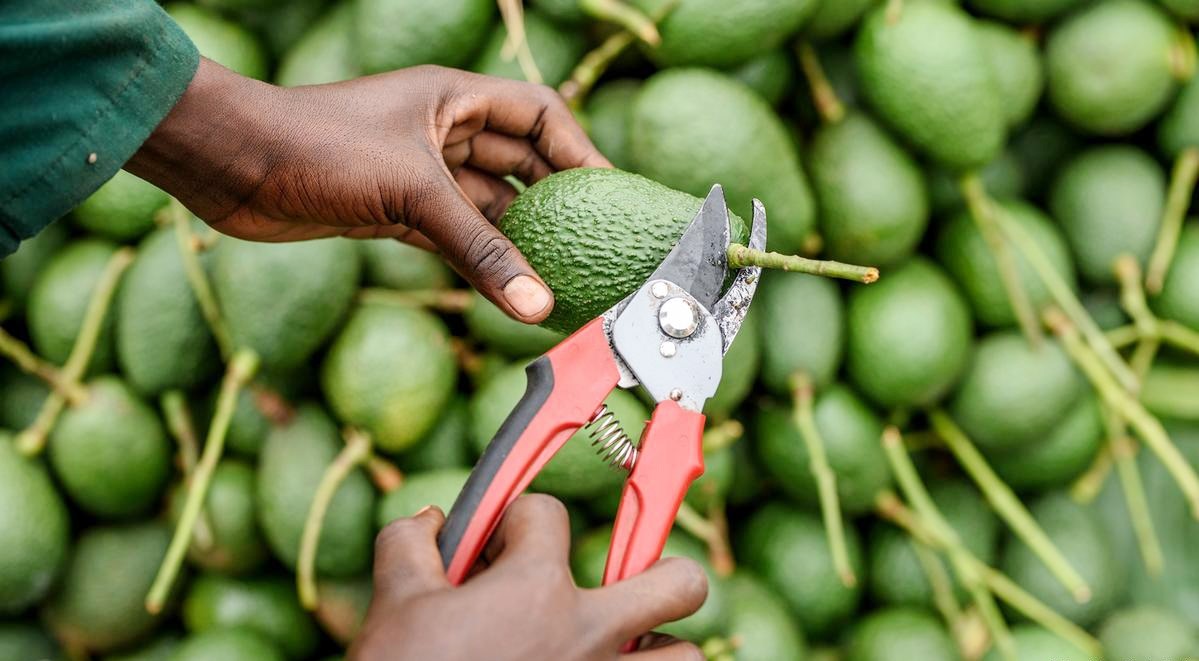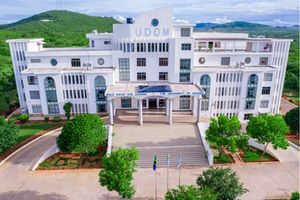Time Tanzanians joined Saccos for their own development

Members of a savings and credit cooperative society follow proceedings of their General Annual Meeting. Such societies are instrumental in driving development initiatives at the household and community levels. PHOTO | FILE
Are you a member of a Savings and Credit Co-operative Society (Saccos)? It is a great way of pooling resources together, so long as all members are faithful. Unfortunately, unfaithfulness is often a normal cup of tea among a good number of people.
People come together with the best of intentions and join a Saccos or Vicoba (Village Community Bank), make monthly contributions and meet all the other set requirements.
Then some ‘unfaithful’ members take loans and disappear, leaving other members devastated, as they are not able to recoup their money. Mostly it is the cooperative leaders who are involved in stealing the money of the community members, leaving members in tears.
Yes, but there are some Saccos that are very serious, well organized and make profits. In fact, it is one of the best ways for raising money for long term investment. Imagine a Saccos with 100 members contributing Sh1 million per year. That means in five years, the amount comes to Sh500 million. If the money is invested wisely, in about 15 years, then its members can laugh all the way to the bank.
Looking back, Tanzania cooperative movement has come a long way from colonial to post-colonial periods. It has enjoyed both good and bad times. At one point in the 1960s and 1970s, it was seen as one of the strongest movement in Africa. Despite many challenges in the last decades, it remains a vital driver in agricultural development.
To modernize the sector, there is a Cooperative Societies Act No 6 of 2013, provided for the establishment of the Tanzania Cooperative Development Commission (TCDC), mandated to regulate and promote the cooperative sector.
Just to show how the coops are important and central to our agriculture sector, the Ministry of Agriculture’s main mission has the word cooperative twice…it seeks “to deliver quality agricultural and cooperative services….and facilitates the private sector to contribute effectively to sustainable agricultural production, productivity and cooperative development.”
Speaking during the commemoration of the International Day of Cooperatives (#CoopsDay), with the 2021 theme of ‘rebuild better together’), the Minister for Agriculture, Prof Adolph Mkenda, noted that co-operatives have become a catalyst of economic transformation.
The International Day of Cooperatives is celebrated every year on the first Saturday of July.
In our setting, farmers’ cooperatives especially in the rural areas for years have been a way of life, where farmers form a voluntary organization to market their products or buying supplies.
But in recent years Saccos, have become prominent both in the rural and urban areas. A group of people with common interests pool resources together and are able to support each other with loans and other services.
According to Prof Mkenda, the Agriculture ministry was working overtime in making sure cooperatives grow and are able to improve the livelihoods of all Tanzanians including farmers, herders, fishermen and women.
The minister informed that the government wanted accountability in the performance of all Agricultural Marketing Co-operative Societies (Amcos) and Saccos in the country. This is vital because a lack of accountability and transparency leads to corruption.
When a cooperative union like Amcos or Saccos fails or goes down, it goes with all the wananchi’s money. So it is important for the government even as it encourages the growth of the sector also to ensure there are vital accountability systems so as to protect people’s hard-earned contributions.
Yes, Saccos, Vicobas and cooperatives, in general, are a good vehicle for bringing about development to the people.
Unfortunately, they are also a fertile ground for dishonest people to steal from the unsuspecting public. It would be prudent for members of the public before they invest anything or join a group to make sure it complies with all the requirements of the TCDC.
Saumu Jumanne lectures at the Dar es Salaam University College of Education (DUCE)





